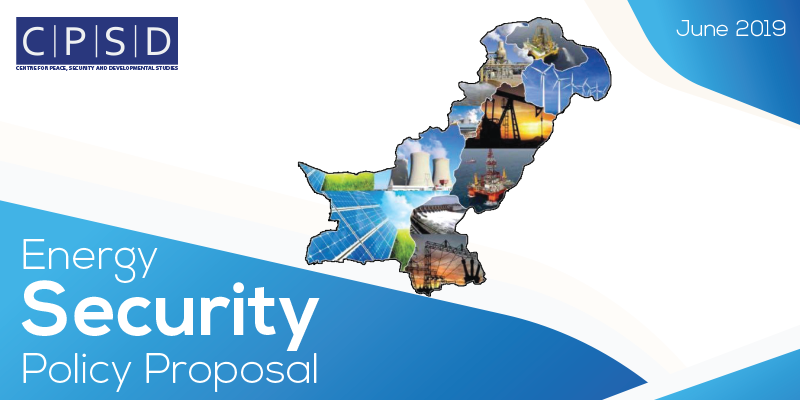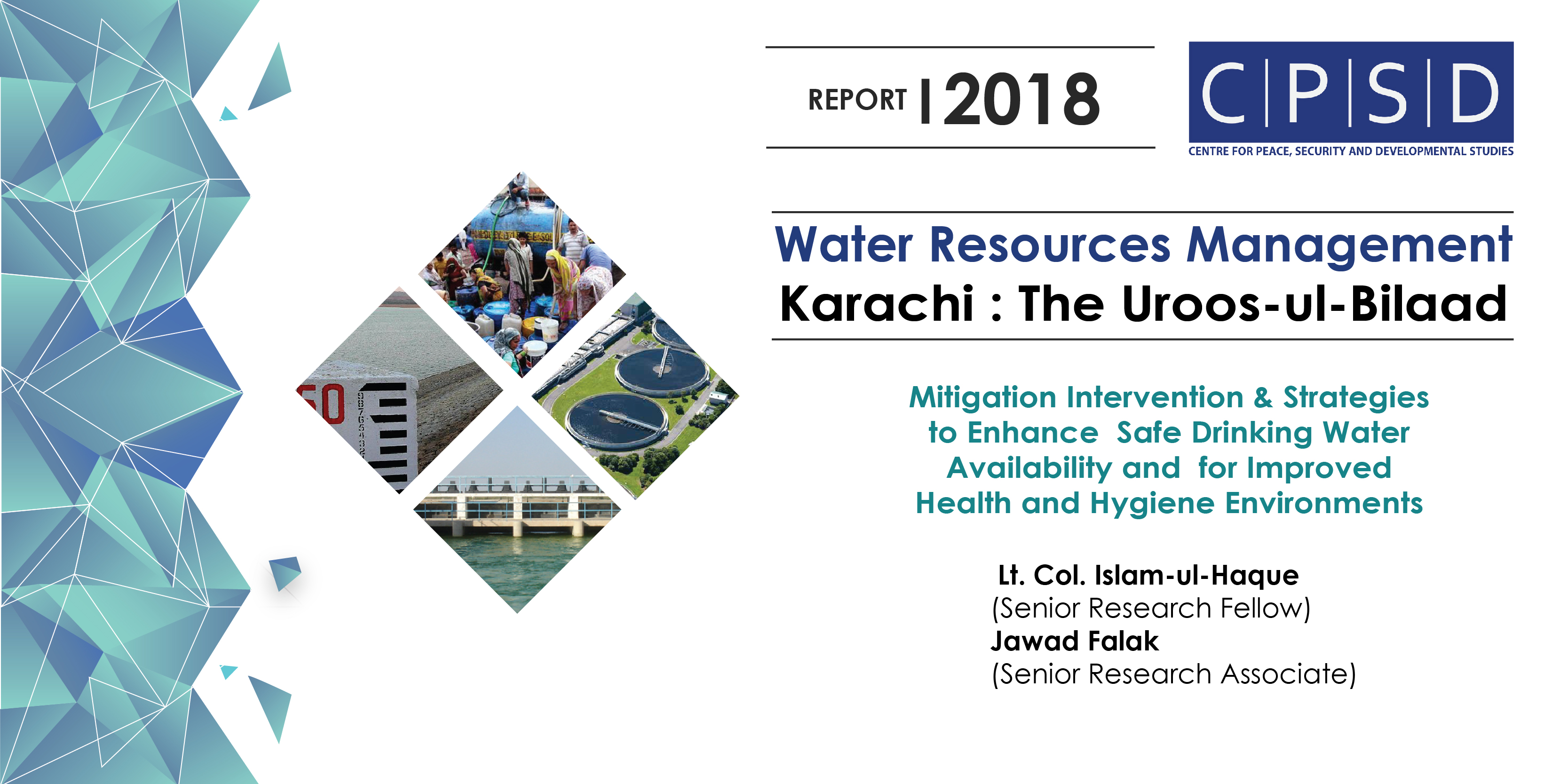Post Pandemic Business Reset
Post Pandemic Business Reset
Corona Virus is having a profound impact on the economies of various countries around the world. After weeks of complete lockdown in most of the world, economists and policymakers are trying to analyze the situation and looking for ways to minimize the forecasted cost of the pandemic. This research paper aims to provide an analysis of current losses, prospective profitability, and financial stability of major economies around the globe while focusing specifically on Pakistan's economy. For this purpose, the data from credible sources like International Monetary Fund and Organization for Economic Co-operation Development has been gathered to compare the trends and analyze the numbers to predict the extent of the negative impact as well as the possible opportunities available for various industries.
Corona Virus is having a profound impact on the economies of various countries around the world. After weeks of complete lockdown in most of the world, economists and policymakers are trying to analyze the situation and looking for ways to minimize the forecasted cost of the pandemic. This research paper aims to provide an analysis of current losses, prospective profitability, and financial stability of major economies around the globe while focusing specifically on Pakistan's economy. For this purpose, the data from credible sources like International Monetary Fund and Organization for Economic Co-operation Development has been gathered to compare the trends and analyze the numbers to predict the extent of the negative impact as well as the possible opportunities available for various industries.
Energy Security Policy Proposal
Energy Security Policy Proposal
The energy security policy proposal is an answer to the current energy crisis in Pakistan. The proposal does not only pay attention to the economic and infrastructural challenges to the energy sector but also addresses the national security concerns linked to the absence of energy security policy. This policy proposal is the outcome of a well-designed inductive research methodology.
The research began with a review of reports and research studies on energy security issues of Pakistan. It was followed by a roundtable discussion on alternative and renewable energy to see why the sector has failed to develop
in the last decade despite high potential and low cost. Finally, a seminar was conducted with representation from key organizations in the sector like Water and Power Development Authority (WAPDA), Alternative Energy Development Board (AEDB), Pakistan Petroleum Limited (PPL), Pakistan Atomic Energy Commission (PAEC), and others.
As a result, the policy document developed is an amalgamation of the key ï¬Ândings from analytical reports and research papers published on the energy crisis in Pakistan as well as the policy recommendations presented by the speakers in roundtable and seminar.
The document is composed of ï¬Âve chapters. In the ï¬Ârst chapter, a brief background of the problem has been outlined to set the stage. The next chapter on contours of energy security policy provides details of the elements of the current energy supply structure of Pakistan, explains the issues in the energy supply mix, and presents three desirable contours of energy security policy. The third chapter is on the current energy governance structure of Pakistan. It explains three key concerns in the energy governance: institutional complexities, inconsistent policies, and poor ï¬Ânancial governance. The fourth chapter provides solution to these three concerns in the form of NEA – a policy-making institution connected to all entities in the energy sector. The ï¬Âfth and last chapter gives out the policy statement, policy goals, and recommendations with respect to each policy goal. The practical recommendations in this chapter are precise and tangible, with the intention that the policy makers would use this proposal as a blueprint for building the energy security policy of Pakistan.
Karachi : The Uroos-ul-Bilaad Water Resources Management
Karachi : The Uroos-ul-Bilaad Water Resources Management
According to the World Resource Institute, Pakistan is among the leading five nations that face extremely high water scarcity and low access to safe drinking water and sanitation. Similarly, the UN has categorized Pakistan amongst those few unfortunate countries where water shortage is speculated to destabilize and jeopardize its existence in the next few decades.
Despite being Pakistan’s microcosm, Karachi is beset by a lack of basic civic amenities, primarily clean and hygienic water for drinking and domestic use, in addition to a general water shortage that has prevailed in recent years due to poor water management and global climate change.
Keeping a holistic view in mind, CPSD’s effort focuses specifically on producing a policy document to address the gap in proposing concrete solutions to manage Karachi’s increasing water woes.


